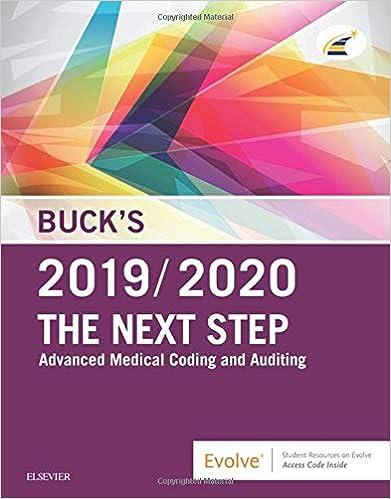White Company has two departments, Cutting and Finishing. The company uses a job-order costing system and computes a predetermined overhead rate in each department. The Cutting Department bases its rate on machine-hours, and the Finishing Department bases its rate on direct labor-hours. At the beginning of the year, the company made the following estimates: Direct labor-hours Machine-hours Total fixed manufacturing over head cost Variable manufacturing overhead per machine-hour Variable manufacturing overhead per direct labor-hour Department Cutting Finishing 8,000 75,000 62,500 3,100 $360,000 $402,000 $ 3.00 $ 3.75 Required: 1. Compute the predetermined overhead rate for each department 2. The job cost sheet for Job 203, which was started and completed during the year, showed the following: Direct labor-hours Machine-hours Direct materials Direct Labor cost Department Cutting Finishing 4 15 81 6 $790 $390 $ 80 $300 Using the predetermined overhead rates that you computed in requirement (1) compute the total manufacturing cost assigned to Job 203 3. Would you expect substantially different amounts of overhead cost to be assigned to some jobs if the company used a plantwide predetermined overhead rate based on direct labor-hours, rather than using departmental rates? Complete the question by entering your answers in the tabs given below. Required 1 Required 2 Required 3 Compute the predetermined overhead rate for each department. (Round your answers to 2 decimal places.) Department Required: 1. Compute the predetermined overhead rate for each department 2. The job cost sheet for Job 203, which was started and completed during the year, showed the following: Direct labor-hours Machine-hours Direct materials Direct labor cost Department Cutting Finishing 4 15 81 6 $ 790 $390 $ 80 $ 300 Using the predetermined overhead rates that you computed in requirement (1), compute the total manufactu 203. 3. Would you expect substantially different amounts of overhead cost to be assigned to some jobs if the com predetermined overhead rate based on direct labor-hours, rather than using departmental rates? Complete the question by entering your answers in the tabs given below. Required 1 Required 2 Required 3 Compute the predetermined overhead rate for each department. (Round your answers to 2 decimal places.) Department Cutting Finishing Predetermined overhead rate per MH per DLH Required 2 > Using the predetermined overhead rates that you computed in requirement (1), compute the total manufacturing cost as 203. 3. Would you expect substantially different amounts of overhead cost to be assigned to some jobs if the company used predetermined overhead rate based on direct labor-hours, rather than using departmental rates? Complete the question by entering your answers in the tabs given below. Required 1 Required 2 Required 3 Using the predetermined overhead rates that you computed in requirement (1), compute the total manufacturing cost assigned to Job 203. (Round intermediate calculations to 2 decimal places and final answer to the nearest dollar amount.) Total manufacturing cost Required: 1. Compute the predetermined overhead rate for each department. 2. The job cost sheet for Job 203, which was started and completed during the year, showed the following: Direct labor-hours Machine-hours Direct materials Direct labor cost Department Cutting Finishing 4 15 81 6 $790 $ 390 $ 80 $300 Using the predetermined overhead rates that you computed in requirement (1), compute the total manufacturing cost assigned 203. 3. Would you expect substantially different amounts of overhead cost to be assigned to some jobs if the company used a plant predetermined overhead rate based on direct labor-hours, rather than using departmental rates? Complete the question by entering your answers in the tabs given below. Required 1 Required 2 Required 3 Would you expect substantially different amounts of overhead cost to be assigned to some jobs if the company used a plantwide predetermined overhead rate based on direct labor-hours, rather than using departmental rates? Yes ONO










